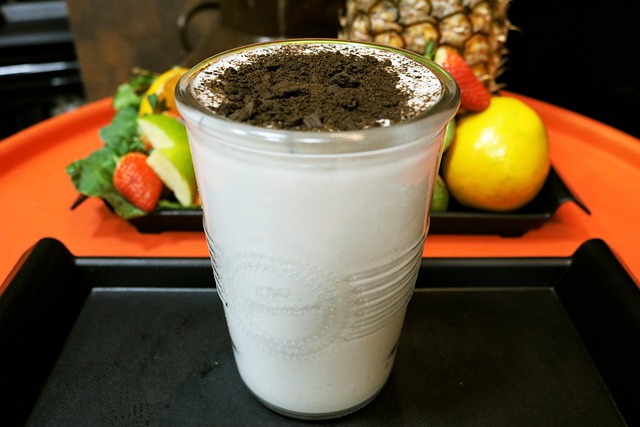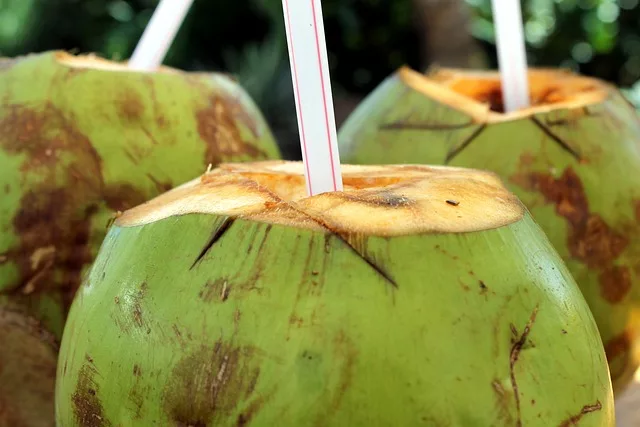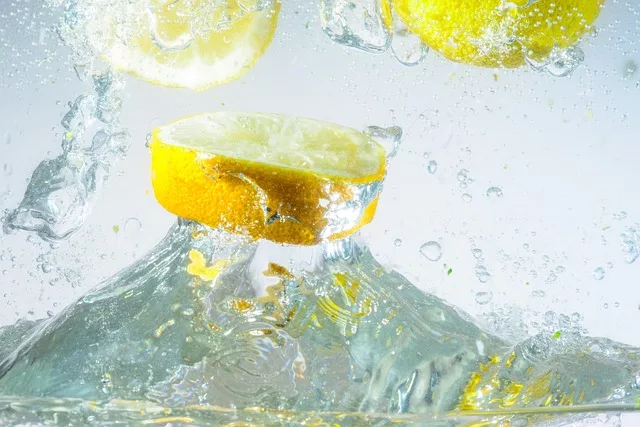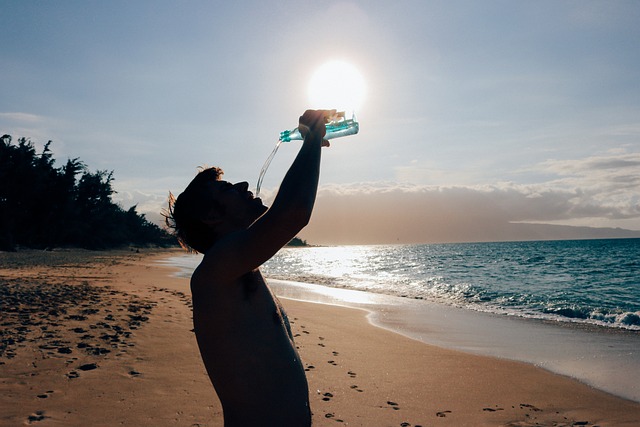Coffee, with its invigorating aroma and rich flavor, is one of the world’s most beloved beverages. However, it has long been a subject of debate when it comes to its impact on hydration. While some argue that coffee can dehydrate the body, others claim it provides a significant amount of hydration. In this article, we will explore the myths and facts surrounding the impact of coffee on hydration, backed by scientific evidence, and provide recommendations for maintaining optimal hydration levels.
Myth #1: Coffee Dehydrates the Body
One common belief is that coffee acts as a diuretic, leading to increased urine production and subsequent dehydration. While it is true that coffee has mild diuretic effects, studies suggest that these effects do not significantly contribute to dehydration. The water content in coffee outweighs its mild diuretic properties, making it a net hydrating beverage.
Fact: Coffee Contributes to Hydration
Contrary to popular belief, moderate consumption of coffee can contribute to the body’s daily fluid intake. Coffee is primarily composed of water, and research indicates that it can provide similar hydrating effects to other non-caffeinated beverages. A study published in PLOS ONE found that regular coffee consumption (up to four cups per day) did not lead to chronic dehydration in healthy individuals.
Myth #2: Coffee Causes Excessive Fluid Loss
Another misconception is that coffee causes excessive fluid loss through increased urination. While caffeine is a mild diuretic, studies have shown that the increase in urine production is not substantial enough to offset the water content in coffee. The overall hydrating effect of coffee remains intact, especially when consumed in moderation.
Fact: Individual Tolerance to Caffeine Varies
Individuals may experience varying degrees of sensitivity to caffeine. Some people may find that consuming coffee leads to increased urination or mild fluid loss. However, this effect is generally not significant enough to cause dehydration in the absence of excessive coffee consumption or underlying health conditions. It is essential to listen to your body and adjust your coffee intake based on personal tolerance.
Recommendations for Optimal Hydration:
- Balance Coffee Consumption: Moderate coffee intake, usually up to four cups per day, is unlikely to lead to dehydration. However, excessive consumption should be avoided, as it can have negative effects on overall health and sleep patterns.
- Drink Water Alongside Coffee: To ensure adequate hydration, it is recommended to drink water alongside coffee. This helps maintain a healthy fluid balance and compensates for any mild diuretic effects that coffee may have.
- Consider Individual Sensitivity: Pay attention to how your body reacts to coffee. If you notice increased urination or discomfort, adjust your intake accordingly. It’s important to find a balance that works for you.
- Monitor Overall Fluid Intake: Remember that hydration is not solely dependent on coffee but on your overall fluid intake. Incorporate a variety of hydrating beverages such as water, herbal tea, and fruit-infused water into your daily routine.
Coffee, when consumed in moderation, can contribute to overall hydration. The mild diuretic effects of caffeine are counteracted by the water content in coffee, making it a hydrating beverage. However, individual tolerance to caffeine may vary, and it is essential to listen to your body’s signals. By balancing coffee consumption with other beverages, you can maintain optimal hydration levels while enjoying your favorite cup of java.
Image by Arek Socha from Pixabay
Water, Milk and More
-

Are Plant-Based Protein Drinks Good Alternative to Milk?
With the rising popularity of plant-based diets and the growing awareness of environmental and health concerns associated with dairy consumption, plant-based protein drinks have emerged as a prominent alternative to traditional milk. Derived from various plant sources like soy, almond, pea, and hemp, these beverages are promoted for their nutritional content, ethical appeal, and environmental…
-

Why Herbal Teas and Which Are the Best for Wellness
-

Coconut Water vs. Sports Drinks: Which One is Better for You?
-

Drink Coconut Water for Max Hydration and Energy
-

How to Support Fluid Balance with Natural Diuretics
-

The Impact of Coffee on Hydration: Myths vs Facts
-

Symptoms of Dehydration and How to beat it








Leave a Reply